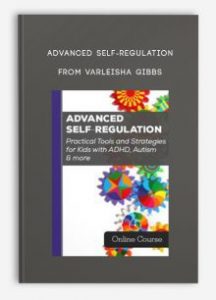 Advanced Self-Regulation from Varleisha Gibbs
Advanced Self-Regulation from Varleisha Gibbs
More information about Medical:
Medicine is the science and practice of establishing the diagnosis, prognosis, treatment, and prevention of disease.
Medicine encompasses a variety of health care practices evolved to maintain and restore health by the prevention and treatment of illness.
Contemporary medicine applies biomedical sciences, biomedical research, genetics, and medical technology to diagnose, treat, and prevent injury and disease,
typically through pharmaceuticals or surgery, but also through therapies as diverse as psychotherapy, external splints and traction, medical devices, biologics, and ionizing radiation, amongst others.
Medicine has been around for thousands of years, during most of which it was an art (an area of skill and knowledge) frequently having connections to the religious and
philosophical beliefs of local culture. For example, a medicine man would apply herbs and say prayers for healing, or an ancient philosopher and physician would apply bloodletting according to the theories of humorism.
In recent centuries, since the advent of modern science, most medicine has become a combination of art and science (both basic and applied, under the umbrella of medical science).
While stitching technique for sutures is an art learned through practice, the knowledge of what happens at the cellular and molecular level in the tissues being stitched arises through science.
Constant interruptions like temper tantrums, outbursts, melt-downs, impulsive behaviors, and violence are some of the most challenging behaviors you see in your practice. They can interrupt your therapeutic interventions and stall progress completely – and if left untreated, these behaviors can lead to depression or anxiety disorders later in the child’s life.
Teaching children to intentionally and effectively regulate feelings, thoughts, and behaviors can be difficult, especially when conditions such as ADHD, autism, learning disabilities, and sensory disorders are present. And unfortunately, self-regulation techniques are not one-size-fits-all approaches – they need to be customized to each individual child.
That’s why we’ve brought together leading experts from the fields of speech language pathology, psychology and occupational therapy, for this new, comprehensive course Advanced Self-Regulation: Practical Tools and Strategies for Kids with ADHD, Autism & more.
Learn how you can create an individualized treatment plan filled with advanced, evidence-based tools and strategies to help resolve the dysregulation your client is experiencing — so you can help the children in your care find success in everyday life.
Communication skills play an extremely important role in the development of self-regulation. In this module, you will get immediately applicable techniques through case studies and intervention videos, and discover new and innovative ways to help children develop self-regulation through language. You will also learn how to use language to improve self-regulation for children with:
- Language delays/disorders
- Emotional & Behavior Disorders
- Attention deficit/hyperactivity disorder
- Attachment disorders
- Autism
- Social Risk
This module will help you to better intervene with the challenging child—the one who won’t sit still, doesn’t follow directions, often throws tantrums, or has difficulty waiting for their turn. They may “hit first and ask questions later,” react impulsively and have difficulty expressing what they need. Even though this child is intelligent, caring and kind, their behavior doesn’t reflect these positive qualities – which is confusing and frustrating for their parents, teachers and peers. Discover how to help the child who’s struggling to meet basic expectations and succeed due to challenging behaviors.
Here’s what you’ll learn in this module:
- Formula for self-regulation and successful sensory integration
- Tools to access the sensory processing disorder subtypes
- Strategies to improve executive functioning skills
- Behavioral strategies to improve self-regulation
- Calming/arousing activities to use with clients
Varleisha Gibbs, Ph.D., OTD, OTR/L, is an occupational therapist with a passion and expertise in developmental and neurological conditions. She has dedicated her career to connecting science to practice and advocating for family-centered approaches. She is the inaugural chair/director, and associate professor of the Master’s of Occupational Therapy at Wesley College in Dover, Delaware.
Speaker Disclosures: Financial: Dr. Varleisha Gibbs is the founder/ president of Universal Progressive Therapy, Inc. She is a faculty member at the University of the Sciences Philadelphia and receives compensation. She is a speaker who receives an honorarium for PESI, Inc. Nonfinancial: Dr. Varleisha Gibbs has been published in a peer-reviewed journal Occupational Therapy and Healthcare.
Christine Wing, Ph.D., CCC-SLP, has worked intensively with children at risk for or demonstrating significant behavior problems for over fifteen years. She has worked closely with educators, mental health professionals, and therapists in both educational and health care settings. Dr. Wing integrates her clinical work as a certified speech and language pathologist with her own research on the relationships between language and behavior problems. She has provided speech and language services as co-owner of an integrated therapy practice with an occupational therapist and a physical therapist, as well as music therapists and psychotherapists. She has developed case studies demonstrating the use of communication-based strategies for children with challenging behaviors and provides consultation to professionals across the United States.
Speaker Disclosures: Financial: Dr. Christine Wing has an employment relationship with Strategic Solutions, Inc. She has presented at numerous state and national conferences. She receives a speaking honorarium from PESI, Inc. Nonfinancial: Dr. Christine Wing has no relevant nonfinancial relationship to disclose.
Laura Ehlert, Psy.D., is a child clinical psychologist who has worked with children and adolescents with severe emotional/behavioral issues for over 25 years. She holds a doctorate degree in Clinical Psychology where her training focused on developmental issues of childhood, and child psychopathology issues. Over the years, she has worked with thousands of youth in a variety of settings including hospitals, residential treatment centers, partial hospital programs, school day treatment and outpatient mental health settings. Dr. Ehlert maintains a private practice in Burnsville, Minnesota, where she specializes in working with clients who struggle with information and sensory processing deficits and associated emotional, behavioral and mental health issues. Professionals who have worked with Dr. Ehlert in the past have often commented that interventions she offers succeeded where others have failed.


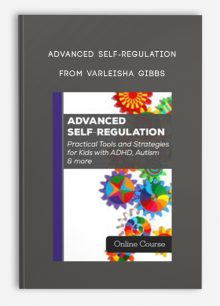

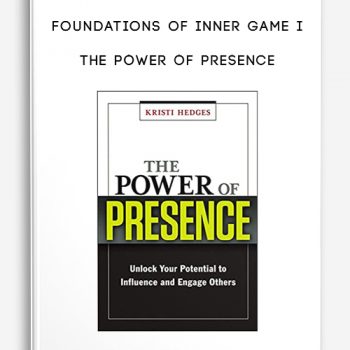
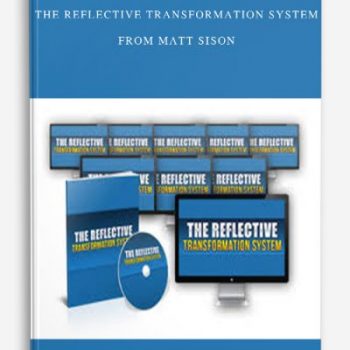
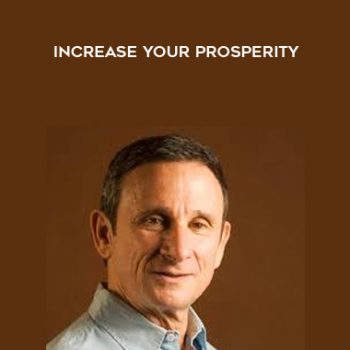
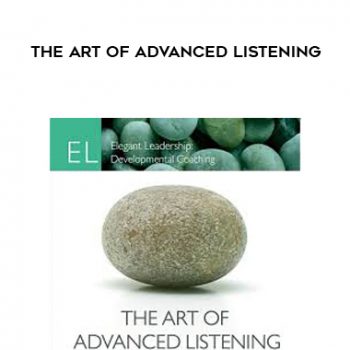
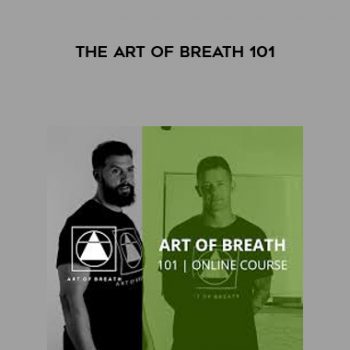
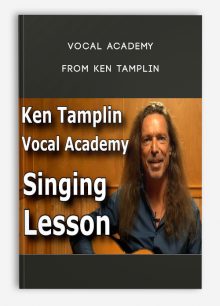
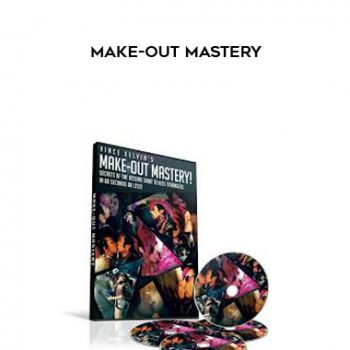


tristian –
This is Digital Download service, the course is available at Coursecui.com and Email download delivery.